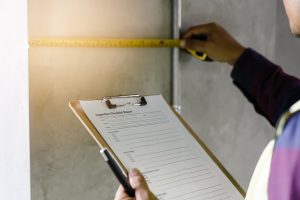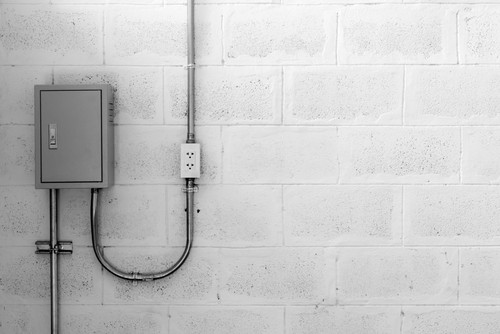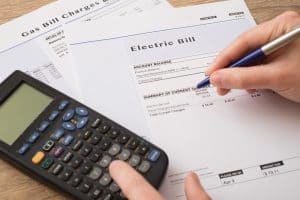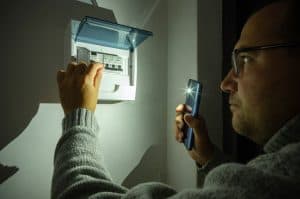
4 ways that you can insure your home passes an electrical inspection.
Uncover the Reasons and Effective Solutions for Your Sky-High Electric Bills Introduction: Why Electrical Inspections are Crucial for Home Safety An electrical

When you are getting your home inspected by an electrical inspector, do you know what they are really looking for? It is important to know what exactly they are inspecting so that you can ensure your home is safe and will pass the electrical inspection. You should get an electrical inspection if you are buying or selling a home, if your home is older and experiencing any electrical problems or if you have recently added on a home extension that required any new electrical to be installed.
Here are some basics that your electrical inspector will be looking at:
An electrical inspector will most definitely check your electrical boxes to make sure that they are properly fastened on the wall and that they are large enough for all of your electrical needs. The more wires that are in your electrical box, the larger the box needs to be. If the electrical box is too small and is stuffed with wires, this will not pass an electrical inspection because that is not safe for your home and can cause a very dangerous electrical problem.
The wiring in your home is a very important part of the electrical inspection. An electrical inspector will check that all wiring is done properly and to code. They will also check to make sure all the wires are anchored properly meaning that they are secured and attached to wall studs correctly.
If you have added on a home addition, wiring will be very important and the electrical inspector will be at your home for two different inspections before you can move in. The electrical inspector will perform one inspection before any insulation or sheetrock is installed so that they have a clear and unobstructed view of the wiring. The electrical inspector will then come back once the house or addition is completed for the final inspection to make sure everything is done correctly and safely.
The electrical inspector will also check all of your electrical outlets and switches to make sure they are up to code; these codes present specifics for these units in homes. The codes have specific height allowances for outlets and switches to ensure the utmost safety in your home and to help in protecting you and your family.
An inspector will also check to make sure all of your outlets in the bathrooms and kitchens (rooms where water is present) are GFCI outlets. These outlets will ensure safety against electrical shock and electrocution by tripping the circuit to turn off the appliance in use before an electrical hazard occurs.

In almost every room in your home, the electrical inspector will look to see if all of your larger appliances have their own circuits so that there are no overcrowded circuits. An overcrowded circuit is subject to failure and danger from overheating. These appliances include things like a washer and dryer, a dishwasher, a fridge, an oven, etc.
These are just some of the most important electrical aspects in your home that the electrical inspector will be looking at. They will be looking for far more and far more specific things as well. It is important to remember not to do any electrical work in your home yourself or by having a friend do it for you. DIY work will not be up to professional standard and can potentially be very dangerous to you and your family. Make sure to call a licensed electrician to perform any electrical work in your home to have it done correctly, safely and up to code the first time that will be sure to pass electrical inspection.

Uncover the Reasons and Effective Solutions for Your Sky-High Electric Bills Introduction: Why Electrical Inspections are Crucial for Home Safety An electrical

Uncover the Reasons and Effective Solutions for Your Sky-High Electric Bills The Mystery of the Rising Electric Bill If you’ve ever looked

A Comprehensive Look at the Various Causes Behind Electrical Interruptions and How to Be Prepared for Them Why Understanding Power Outages Matters